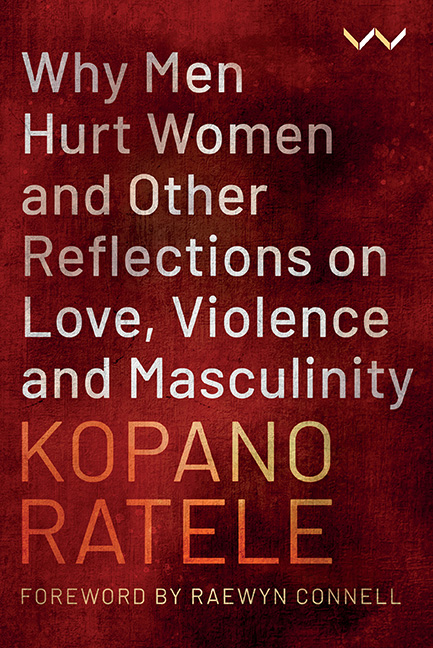29 - The politician told students you can’t ask for money from somebody who raped you
Published online by Cambridge University Press: 24 November 2023
Summary
More than a decade ago, a well-known political figure in South Africa, Julius Malema, said to a crowd of students at the then Cape Peninsula University of Technology:
When a woman didn’t enjoy it, she leaves early in the morning. Those who had a nice time will wait until the sun comes out, request breakfast and ask for taxi money. In the morning, that lady requested breakfast and taxi money. You can’t ask for money from somebody who raped you.
At the time, Malema was the president of the ANC Youth League. His words were in defence of Jacob Zuma, the then president of the mother body, the ANC, who had been accused of raping a woman named in the media only as Khwezi. I do not know what the students learned from that. Was it that there are rules for rape?
What Malema was expressing to the university students was an example of a rape myth. A rape myth is a ‘prejudicial, stereotyped, or false [belief] about rape, rape victims, and rapists’. Another way to define rape myths is as ‘attitudes and beliefs that are generally false but are widely and persistently held, and that serve to deny and justify male sexual aggression against women’. These prejudicial beliefs and attitudes function to shame victims of rape, shutting them up.
Like many people, I grew up in an environment replete with these harmful stereotypes. Because of current levels of sexual violence, I have little reason to believe that there has been a dramatic change in the prevalence and content of rape myths.
One of the early works discussing the attitudes and beliefs supportive of rape was Against Our Will: Men, Women and Rape by Susan Brownmiller, published in 1975. The book would go on to influence a large body of research and the thinking of many women (and men) about how sexist cultural beliefs support rape and thus perpetuate sexual offences in a society. These beliefs also justify other forms of violence against women. Brownmiller wrote:
‘ALL WOMEN WANT TO BE RAPED’
‘NO WOMAN CAN BE RAPED AGAINST HER WILL’
‘SHE WAS ASKING FOR IT’
‘IF YOU’RE GOING TO BE RAPED, YOU MIGHT AS WELL RELAX AND ENJOY It’
These are the deadly male myths of rape, the distorted proverbs that govern female sexuality.
- Type
- Chapter
- Information
- Publisher: Wits University PressPrint publication year: 2022



